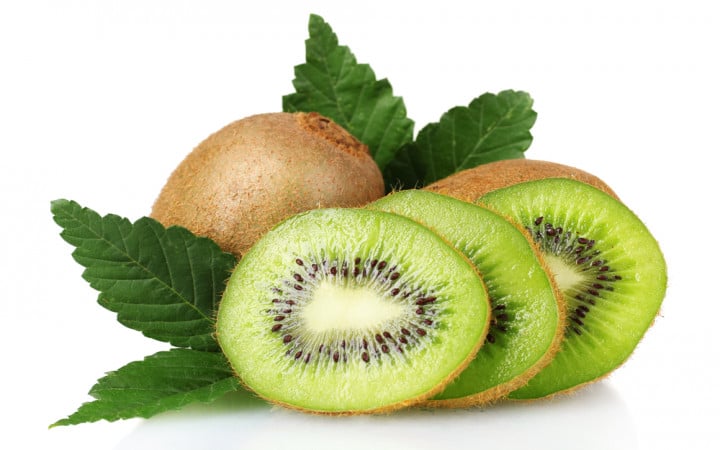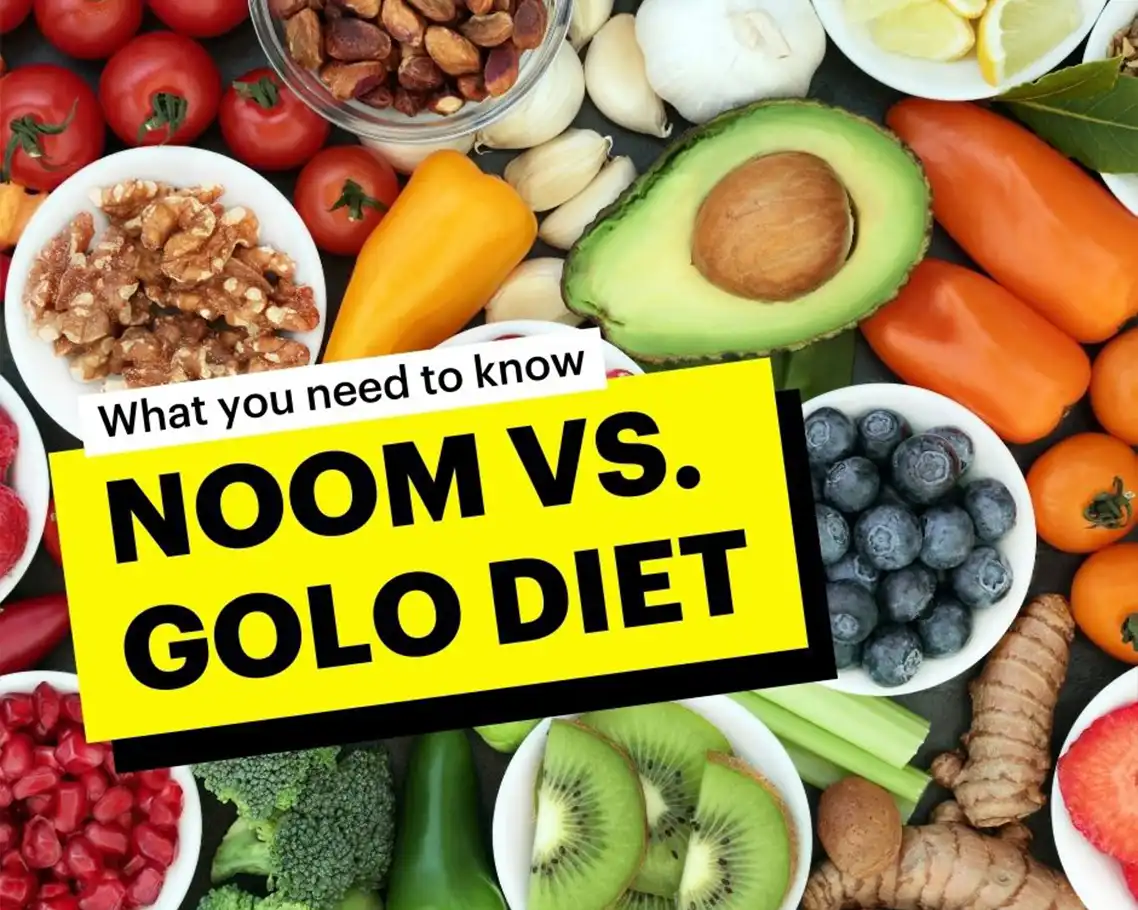Living with irritable bowel syndrome IBS Symptoms poses a continuous challenge for the 10% to 15% of Americans affected by this condition. The abdominal pain bloating diarrhea and constipation associated with IBS significantly impact one’s daily life. However, relief is possible through strategic dietary adjustments as suggested by registered dietitian Sarah Schlichter M.P.H. RDN from Bucket List Tummy. Schlichter recommends a low FODMAP diet known as the “IBS diet” to manage symptoms effectively.
Table of Contents
The Low-FODMAP Approach
FODMAPs or fermentable oligosaccharides disaccharides monosaccharides and polyols are poorly absorbed short chain carbohydrates that trigger digestive symptoms in individuals with IBS. Embracing a low FODMAP diet involves minimizing the intake of foods high in these compounds.
Top 8 Foods for Managing IBS Symptoms
Let’s delve into the top eight foods recommended by Schlichter to ease IBS symptoms.
Salmon

Salmon and other fatty fish rich in omega-3 fatty acids (EPA and DHA) possess anti-inflammatory properties. A 2019 review in the International Journal of Molecular Sciences supports the idea that consuming oily fish can alleviate gastrointestinal symptoms. Aim for two 4-ounce servings per week and try the delectable Garlic-Butter Salmon Bites.
Bell Peppers

Low in FODMAPs bell peppers are a hydrating fiber-packed option that supports healthy digestion. Bursting with vitamin C these colorful vegetables act as antioxidants reducing inflammation and safeguarding the gut lining. Incorporate various colors into your diet with the 3-Ingredient Bell Pepper & Cheese Egg Cups.
Lean Meat

Opt for lean cuts of meat as a protein source avoiding processed meats that may aggravate the gut and cause inflammation. This ensures an intake of essential micronutrients like iron zinc and B vitamins.
Avocado

Avocados rich in healthy fats fiber and vitamins are low in FODMAPs making them an ideal choice for IBS sufferers. These nutrient-packed fruits contribute to inflammation reduction.
Eggs

Nutritious and low in FODMAPs eggs are an excellent protein source providing essential vitamins and minerals. Enjoy them in various dishes such as the Eggs in Tomato Sauce with Chickpeas & Spinach recipe.
Sweet Potatoes

Considered a superfood sweet potatoes offer vitamins A C fiber and antioxidants managing inflammation effectively. Explore diverse preparations like the mouthwatering Stuffed Sweet Potato with Hummus Dressing.
Spinach

Leafy greens such as spinach and collard greens are fiber rich and low in FODMAPs promoting gut health and reducing inflammation. Include them in sandwiches grain bowls or salads for essential micronutrients.
Kiwi

Known for its unique fiber combination kiwi aids in reducing abdominal discomfort and improving bowel movement consistency. This low-FODMAP fruit is a flavorful addition as seen in the refreshing Kale & Spinach Smoothie.
Additional Tips for Managing IBS Symptoms
Beyond incorporating specific foods Schlichter offers additional tips for managing IBS effectively.
Mindful Fiber and Water Intake
Balance is key when it comes to fiber intake. Gradually increase fiber consumption while ensuring adequate water intake. The recommended daily fiber intake is 25 to 34 grams varying by age and sex.
Include Probiotic-Rich Foods
Certain probiotic strains like Lactobacillus Bifidobacterium and Saccharomyces may benefit individuals with IBS. While yogurt sauerkraut and tempeh are good sources supplements can also make a difference.
Manage Stress
Stress management is crucial as IBS flare-ups can be triggered by stress. Techniques such as breathing exercises meditation balanced meal consumption and regular exercise can prevent flare ups as supported by a 2023 meta-analysis in Stress & Health.
Conclusion
Effectively managing IBS symptoms involves more than just dietary adjustments. By incorporating the recommended foods and adopting lifestyle changes relief from IBS symptoms is attainable. These foods rich in essential nutrients contribute to inflammation reduction and promote optimal gut health. Coupled with stress management and mindfulness individuals with IBS can significantly improve their quality of life.







